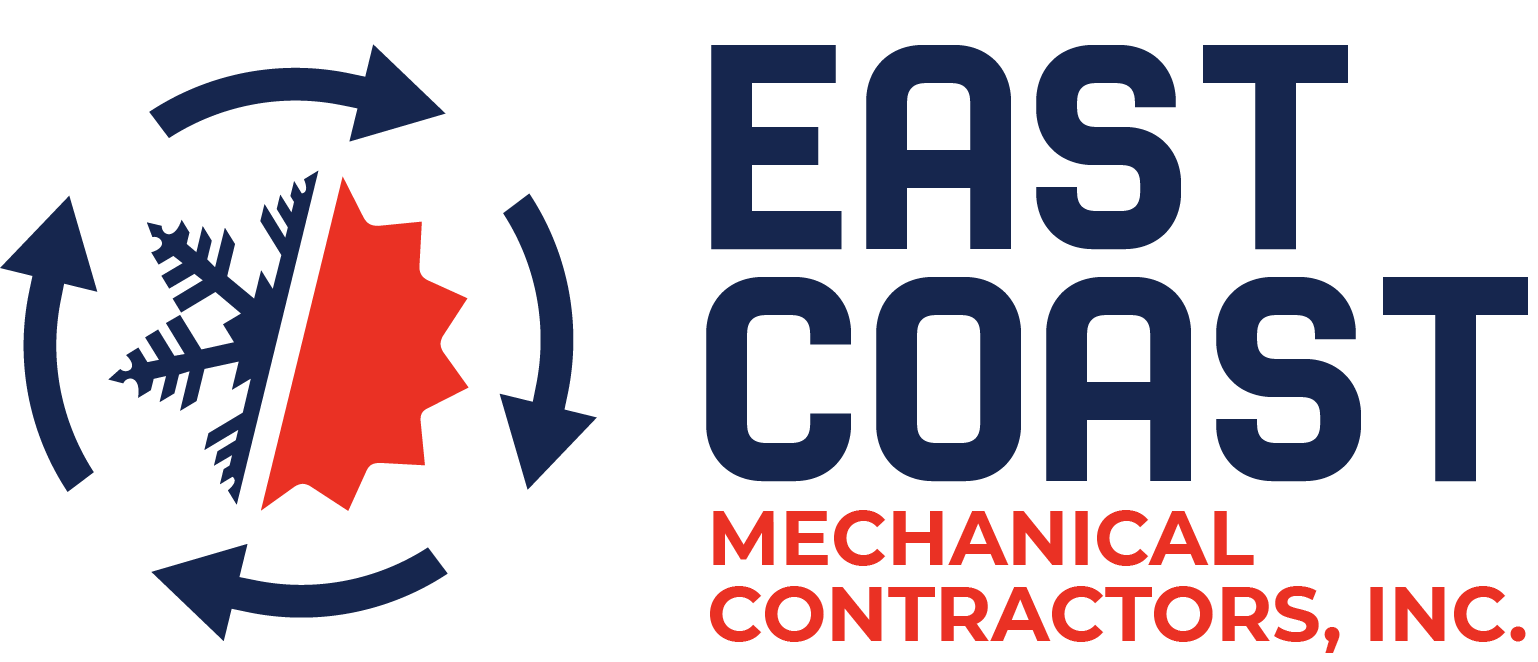The first snowfall is a transformative event. You go to bed in a cold, grey world and awake to a frosty blanket of white. The world is made fresh and new. It is a peaceful, beautiful sight. Combating cold, frosty air is no problem when your heating, ventilation, and air conditioning (HVAC) system is humming a merry tune. However, icicle damage and heavy snowfall can affect the functioning of your HVAC system.
Snow
Snow is beautiful but when it surrounds your unit, the whole HVAC system can shut down. When snow triggers an emergency shutdown, heat is cut-off, waterpipes can freeze, and exterior vents can be blocked. Snow can cause fan damage, airflow problems, rust, and reduced HVAC efficiency. This leads to expensive HVAC repairs and increased utility bills. Snow makes the entire HVAC system work twice as hard and limited airflow can burn out the furnace. Replacing the furnace is more costly than a repair.
- Clear away tree branches. Limbs and branches overhanging an outdoor units need to be removed before the first snow fall. During a snowstorm, limbs can become heavy causing breakage and damage.
- Clear snow off the units itself. Heavy snow buildup will cause airflow issues that can damage the heat pump or cause failure of the condenser.
- Use a broom or warm water to remove snow, never use an icepick or axe.
- When shoveling snow from walkways and driveways is done, check the air vents and clear them. Do this routinely to prevent damage to the HVAC system.
Snowdrifts
Snowdrifts can block the furnace exhaust. This blockage allows harmful chemicals, like carbon monoxide to enter the home. Every year, 50,000 people are treated in United States emergency departments and 430 people die from accidental carbon monoxide entering the living space of a home. Most furnaces have an automatic safety switch that will shut down the unit. The pilot sensor makes sure that the pilot light is on before sending gas into the combustion chamber. If there is no pilot light to ignite the burners, the unit automatically turns off. Up till about 2010, most furnaces came with pilot lights. After 2010, the trend shifted to electronic ignition systems as intermittent pilots or hot surface pilots.
- Clear the snow away from the vents
- Keep air flow around the condenser and change filters regularly
- Placing a cover on the air conditioning unit will prevent corrosion from snow
Icicles
Window heating and air conditioning units that sit in a window frame and have exposed coils are susceptible to icicle damage. The accumulation of icicles can cause extensive damage and costly repairs to the HVAC system. Central units have outdoor condensers and indoor components which can both be damaged by icicles. When icicles block the ventilation, it not only prevents the HVAC system from working but can cause pipes to leak.
- Melt icicles with warm water. Chiseling will damage the condenser or vents
- Clean your gutters or install gutter guards to prevent dripping onto the HVAC condenser
Snow melt
Melting snow can cause water to leak into the HVAC system, freeze, and expand leading to corrosion and rust build-up throughout the system.
- Clear away debris
- Make sure snow melt flows away from the foundation
The easiest way to protect your HVAC investment is with professional servicing in the spring and autumn. Qualified technicians can teach you best practices for protecting your outdoor units. Regular maintenance from qualified technicians will keep your HVAC system working throughout the winter snow, snow drifts, icicles, and snow melts.
Contact us
Email: ecmcecmc@aol.com
Address: 5133 W Hurley Pond Rd Suite A, Wall Township, NJ 07727
Phone: 800-300-ECMC or 732-751-8877
Hours:
Sunday Closed
Monday 8 am to 5 pm
Tuesday 8 am to 5 pm
Wednesday 8 am to 5 pm
Thursday 8 am to 5 pm
Friday 8 am to 5 pm
Saturday Closed

